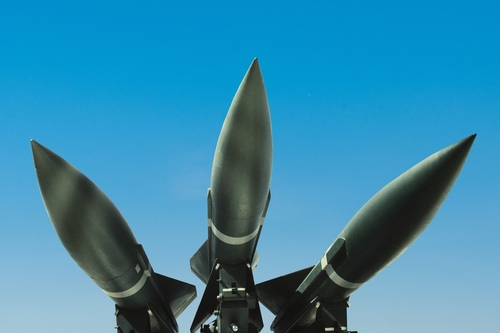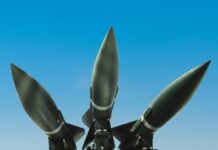
The fate of Iran's top military commander, Brigadier General Esmail Qaani, has become the subject of intense speculation as rumors swirl that he may be a traitor working with Israel. Qaani, who heads the elite Quds Force of Iran's Islamic Revolutionary Guard Corps (IRGC), is currently under investigation, with suspicions that Israeli intelligence has penetrated deep into Iran’s military leadership.
Qaani’s disappearance comes in the wake of a series of devastating Israeli airstrikes targeting Hezbollah leaders in Lebanon. Notably, the IRGC has been heavily involved in supporting Hezbollah, Iran’s main ally in the region. The airstrikes, which reportedly killed Hezbollah's Nasrallah’s successor, Hashem Safieddine, and other top figures, have sparked suspicions that a mole within the Iranian ranks may have tipped off Israel to their locations.
Iran’s Supreme Leader Ali Khamenei authorized his son Mojtaba to investigate the reasons for the deep penetration of Israeli intelligence into the top ranks of Hezbollah, which enabled the assassination of Hassan Nasrallah and most of the organization's military commanders.
He… pic.twitter.com/LQuyHK0Bc5— Intel Stream (@IntelStream) October 10, 2024
Rumors about Qaani’s loyalty escalated after these attacks, with several Iranian commanders, especially those operating in Lebanon, falling under scrutiny. Hezbollah sources and Iranian insiders reportedly believe that the breach was "100 percent Iranian," raising concerns about a compromised command structure.
Although Iranian officials, including Iraj Masjedi, the Quds Force's deputy commander, claim Qaani is in "good health" and performing his duties as usual, other sources suggest that Qaani may be under house arrest or being interrogated regarding the Israeli infiltration. The severity of these allegations is unprecedented, given Qaani’s rank and influence as the successor to the revered General Qasem Soleimani, who was assassinated by a U.S. drone strike in 2020.
Esmail Qaani 👉Is Iran’s top military commander a Mossad agent?#Iran #Lebanon #Hezbollah #IRGC #Tehran pic.twitter.com/DkAH2Bhsk9
— Roya News English (@RoyaNewsEnglish) October 11, 2024
Further complicating the situation is the mysterious nature of Qaani’s recent travels. He was last seen in Lebanon following the killing of several Hezbollah leaders, and reports indicate that he narrowly avoided attending a meeting that was later bombed by Israeli forces. His sudden disappearance after these events has fueled speculation that Qaani may have either been wounded in the airstrikes or deliberately evaded the attacks.
The investigation into possible Israeli infiltration is not limited to Qaani. Iran's military is probing a wider network of possible informants within the IRGC, particularly those involved in operations across Lebanon and Syria. The Iranian government has remained largely silent on the full scope of these allegations, but sources suggest that several senior commanders are under investigation.
These developments come at a critical time for Iran, which has been under increasing pressure both domestically and internationally. Israeli Prime Minister Benjamin Netanyahu has been unapologetically aggressive in striking Iranian military assets, vowing to dismantle Iran's regional proxy networks. Israel's success in these operations—targeting high-level officials with pinpoint precision—has been viewed as a significant intelligence victory, albeit one that exposes Iran's vulnerabilities.
For Iran, the loss of Qaani or the revelation of a traitor at such a high level could have far-reaching consequences, not only for its influence in the Middle East but also for its internal stability. The IRGC, long considered untouchable, now faces the daunting task of rooting out any further leaks while maintaining its operations in hostile territories.











